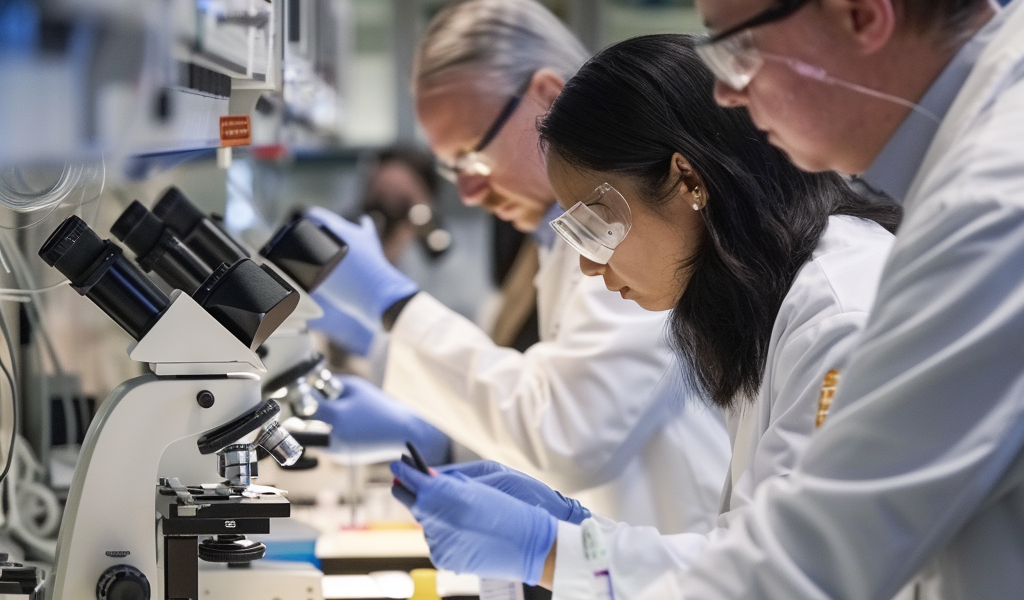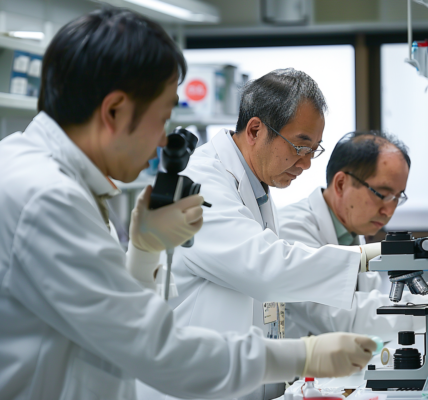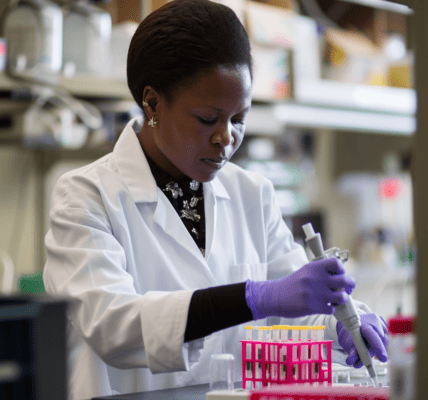Ontario Researchers Disappointed as Funding for Critical Wastewater Monitoring Program Set to End
Ontario researchers are facing disappointment as provincial funding for a critical wastewater monitoring program is set to be terminated, bringing an end to vital research efforts. The decision to cut funding for the program, which has been instrumental in monitoring not only COVID-19 but also other respiratory viruses and contaminants in the water, has sparked concerns among experts.
Mark Servos, a biology professor at the University of Waterloo and the Canada research chair in water quality protection, has been at the forefront of this research initiative. The program, which involved monitoring wastewater in various regions of the province, provided valuable insights beyond just COVID-19 markers, including tracking levels of influenza A, influenza B, RSV (respiratory syncytial virus), and other contaminants.
Servos expressed his disappointment at the decision to end funding for the wastewater testing, emphasizing the implications it will have on public health units’ ability to plan for hospitalizations and respond to changes in respiratory viruses. The termination of this program will leave a significant gap in monitoring and preparedness efforts.
The move to scrap the wastewater testing program was announced by the province earlier this month, citing a need to avoid duplication with a federal program. This decision will not only impact the research being conducted at the University of Waterloo but also affect a network of universities and research sites that have been involved in the initiative.
Dr. Nicola Mercer, the medical officer of health for Wellington-Dufferin-Guelph Public Health, has criticized the decision, highlighting the importance of the wastewater surveillance program as a valuable tool in safeguarding public health. The support for continuing this program has been echoed by various experts in the field.
The sudden halt to wastewater monitoring in Ontario has raised concerns about the implications for public health preparedness and monitoring efforts. As researchers and experts voice their frustrations over the discontinuation of this critical program, the future of wastewater monitoring in the province remains uncertain.





